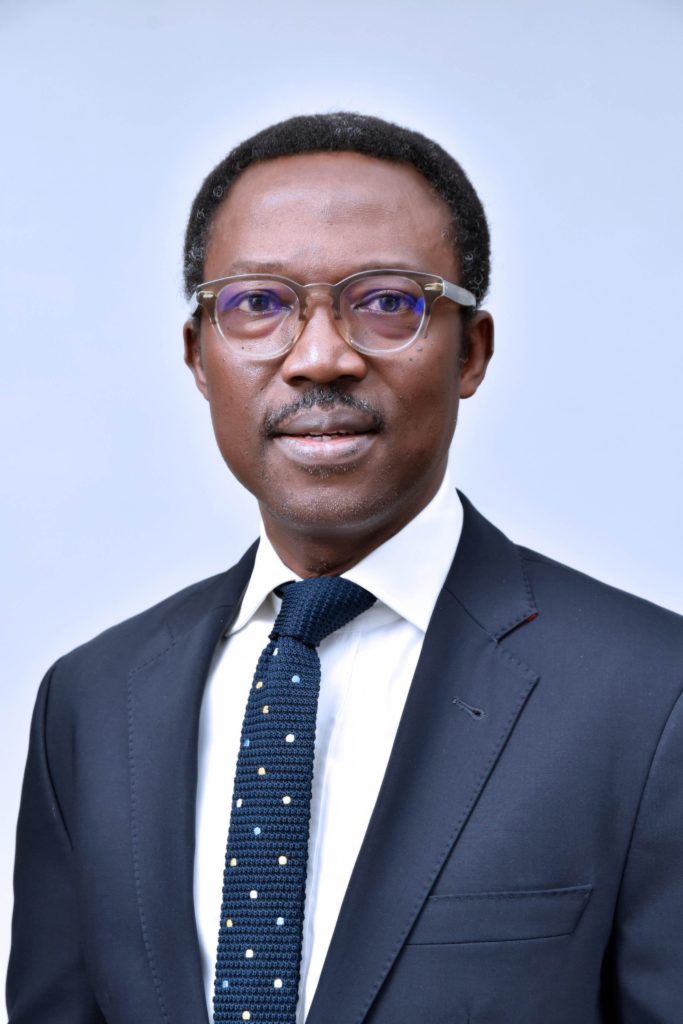
As Africa’s digital economy evolves, one thing is clear: fintech’s future is inseparable from telecom infrastructure. The two sectors, once viewed in isolation, are increasingly interdependent, especially in regions where banking access is low and mobile connectivity is the most powerful gateway to financial services.
For Kunle Adebiyi, a former Chief Sales and Distribution Officer at MTN Nigeria and a respected voice in the fintech space, the convergence of these two sectors isn’t just convenient, it’s essential for scale, inclusion, and long-term success.
Adebiyi, who has been at the centre of this evolution for over two decades and has played a role in major inclusion-focused initiatives like the enrollment of over one million Nigerians into the national digital ID system in just six months, argues that mobile-first financial services are still the continent’s best bet for scaling inclusion. He points to his experience at both MTN and fintech payment provider ITEX Integrated Services as proof that meaningful adoption happens when distribution, digital identity, and product relevance converge.
“You can’t scale fintech in Africa without telecom infrastructure. That’s the foundation,” Adebiyi tells TechCabal. “Payments, onboarding, customer engagement, it all depends on reliable connectivity, distribution, and trust. And that’s what telecoms bring to the table.”
His point is well illustrated by Nigeria’s recent progress. In Nigeria, the results of this telecom-fintech synergy are already visible. From 2014 to 2024, cash transactions in Nigeria dropped by a staggering 59%, one of the steepest declines globally. This shift wasn’t just driven by fintech startups; it was powered by the reach, reliability, and affordability of telecom infrastructure, enabling digital payments to take root in communities that banks have historically overlooked.
“This is what we’re talking about when we say infrastructure powers inclusion,” Adebiyi adds. “It’s not just about flashy apps—it’s about giving people the means to access and use those apps in the first place.”
Recent developments such as the network-sharing deal between MTN Group and Airtel Africa in Nigeria and Uganda highlight a broader shift toward cost efficiency and rural expansion. For Adebiyi, such partnerships are not only pragmatic, they’re overdue.
“When competitors start collaborating, you know the focus has shifted from market share to market expansion,” he says. “This is about making infrastructure work harder and smarter, especially as economic headwinds demand more efficiency.”
While fintech innovation continues to surge—especially in lending, savings, and agent banking—the lesson remains: without telecoms to deliver reach and reliability, even the most brilliant financial product may never make it off the ground. Adebiyi’s transition into fintech was natural. At ITEX Integrated Services, where he served as Chief Commercial Officer, he led efforts to scale agent banking and mobile-driven digital payment models. For him, fintech is simply telecom’s next chapter, a platform where the connectivity built over the last two decades becomes the rails for banking, lending, savings, and insurance.
“Fintech isn’t just about building digital products—it’s about building systems people can actually access. And that still depends on mobile infrastructure.”
As fintech adoption continues to grow, Adebiyi emphasizes that the real opportunity lies in integration, not competition. Telecom operators, fintech startups, and regulators must work together to ensure that access, affordability, and trust grow in tandem.
“Digital identity, financial access, and affordable connectivity—that’s the trinity,” Adebiyi says. “We’ve seen it with airtime, we’ve seen it with identity. Now we’re seeing it with finance,” he says. “The infrastructure is there, it’s time to build on it, expand it to health services and more. If we get that right, we won’t just be talking about fintech adoption, we’ll be talking about transformation at scale.”
Looking ahead, deeper collaboration between fintech startups, telecom operators, and regulators will be essential. From lowering cost-to-serve to embedding trust in digital payments, shared infrastructure and aligned strategy are becoming not just desirable, but necessary.
Africa’s fintech momentum is real, but scale won’t come from innovation alone. It will come from systems that meet people where they are. From last-mile connectivity to digital ID, from cost-sharing deals to policy reform, the work ahead requires collaboration across sectors. For Adebiyi and others at the forefront, one thing is clear: the rails are ready—now it’s time to move at speed, together.



















